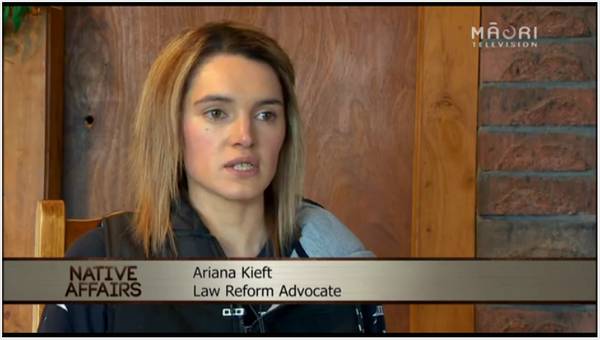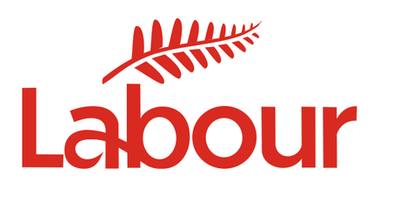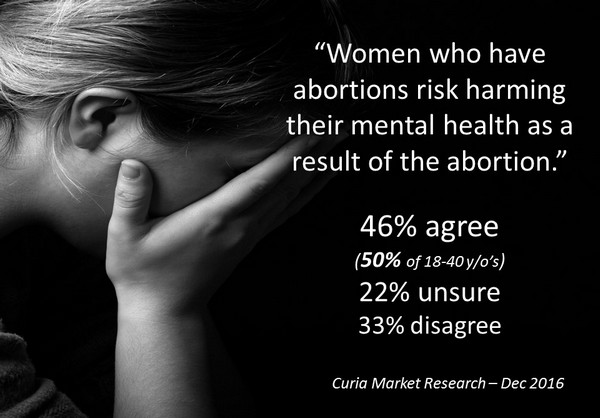Dropping Abortion Rate Great News, Law Is Working
 Media Release 19 June 2017
Media Release 19 June 2017
Family First NZ is welcoming the drop in the number of abortions – the lowest rate in over 25 years – but is sounding a warning that these positive trends will be reversed if Labour, Greens and ACT party remove the safeguards in the current abortion law and introduce extreme abortion laws which has been shown overseas to place women at risk, including coercion.
“Why would we want to stop this positive trend? Some political parties and lobby groups are attempting to introduce extreme abortion laws in NZ, which will potentially pave the way for late term abortions, ‘gendercide’, abortion up-to-birth on the basis of ‘severe fetal abnormality’, and possibly even partial-birth abortions. This will be harmful to the health of women and conveniently ignores the rights of the unborn child,” says Marina Young, spokesperson for Family First NZ.
“I know how easy it is to obtain an abortion in New Zealand yet it is such a life-changing event for many and I believe we’re just touching the tip of an iceberg because abortion can harm women. Yet there are groups who refuse to acknowledge this, seeing the right to abortion more paramount than the long-term health and welfare of the women. I am one of those women, a statistic, who had an abortion and was deeply affected both emotionally and physically and I know I am not alone as I have come across many who have experienced the same, who’s stories are yet to be heard.”
“Abortions can harm women – a fact supported by half of New Zealanders as shown in a poll at the beginning of the year,” says Mrs Young.
“The existing safeguards are there to protect women and children. Coercion on a woman to have an abortion is a major issue and the current law goes some way to putting safeguards around that. A sound law should also not leave women exposed to harms such as those recently witnessed in the criminal trial of Kermit Gosnell who was able to operate a dangerous legal abortion facility which resulted in female client death and other atrocities thanks to extreme abortion laws.”
“The law should promote informed consent and complete information about abortion and abortion-related risks, and provide women with independent pregnancy counselling so that women can make truly informed decisions from a place of certainty and knowledge,” says Mrs Young.
“The rate will continue to drop as knowledge of the prenatal development of the unborn child increases, and as an increasingly pro-life younger generation become parents themselves. The ‘bunch of cells’ argument which has driven the right-to-abortion argument is now just ‘flat-earth science’.”
“3-D ultrasounds and smartphone apps allowing parents to listen to the heartbeat of their unborn child and keep track of their baby’s progress in the womb, including heartbeats per minute, the number of times the baby kicks and the weight of the growing fetus, have contributed to an increasing awareness of the life of the child in the womb,” says Mrs Young.
ENDS





